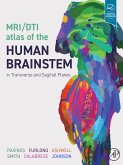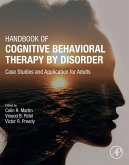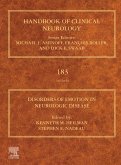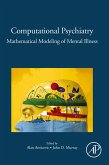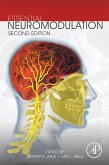Autism Autonomy: In Search of Our Human Dignity provides a new and unifying methodological framework and discusses machine learning and biometrics techniques to diagnose, characterize, and treat patterns of sensory motor control underlying autism symptoms. With the hope of improving basic research in these areas, this volume will allow readers to design better interventions and provide awareness of a number of new technologies used in the autism field. Wearable bio-sensing technologies, machine learning, and AI methods are all discussed regarding their applications to provide better self-awareness, interaction, diagnosis, and prognosis.This volume is useful for researchers and clinicians interested in learning about these new technologies and how to enhance machine learning use in ASD for the betterment of patients. - Describes advanced tools and techniques from machine learning and biometrics to diagnose and treat autism - Provides methods and their implementation using real data and simple computer programs for diagnosis and prognosis - Presents the methods used to quantify social and individual neurobiological phenomena explained and implemented - Chapters contain links to a companion website containing the computer code in MATLAB®/Python(TM) languages and the data samples to generate the graphics displayed on the figures for each chapter
Dieser Download kann aus rechtlichen Gründen nur mit Rechnungsadresse in A, B, BG, CY, CZ, D, DK, EW, E, FIN, F, GR, HR, H, IRL, I, LT, L, LR, M, NL, PL, P, R, S, SLO, SK ausgeliefert werden.





